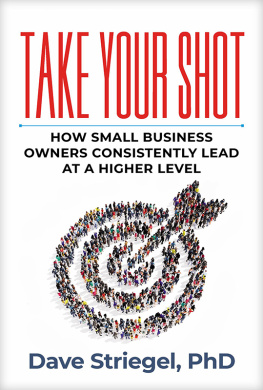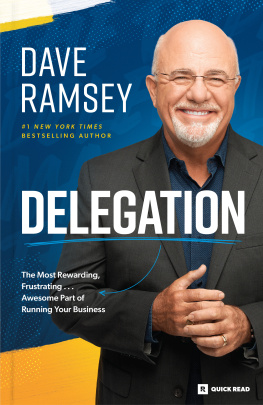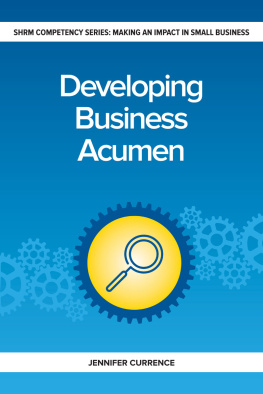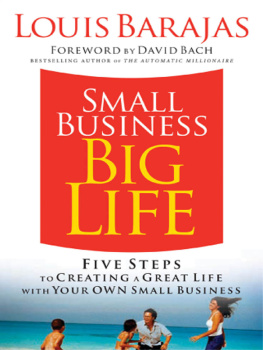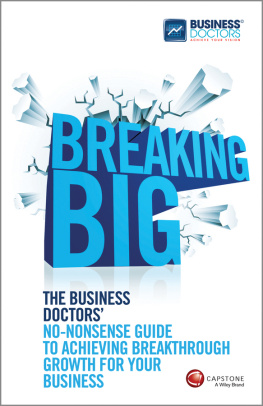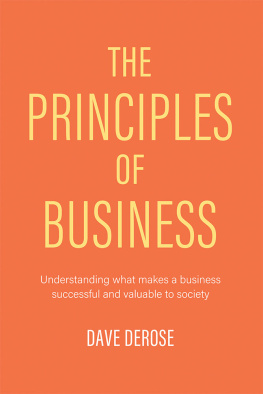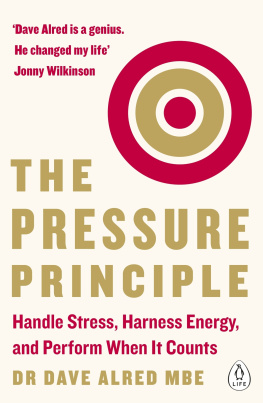Table of Contents
Copyright 2021 by David Striegel
All rights reserved.
Printed in the United States of America.
No part of this publication may be reproduced or distributed in any form or by any means without the prior permission of the publisher. Requests for permission should be directed to , or mailed to Permissions, Indie Books International, 2424 Vista Way, Suite 316, Oceanside, CA 92054.
The views and opinions in this book are those of the author at the time of writing this book and do not reflect the opinions of Indie Books International or its editors.
Neither the publisher nor the author is engaged in rendering legal or other professional services through this book. If expert assistance is required, the services of appropriate professionals should be sought. The publisher and the author shall have neither liability nor responsibility to any person or entity with respect to any loss or damage caused directly or indirectly by the information in this publication.
The Performance Evolution Process is a pending trademark of David Striegel.
ISBN-13: 978-1-952233-64-7
eISBN: 978-1-9522336-5-4
Library of Congress Control Number: 2021910418
Designed by McPherson Graphics
INDIE BOOKS INTERNATIONAL, INC,
2424 VISTA WAY, SUITE 316
OCEANSIDE, CA 92054
www.indiebooksintl.com
CONTENTS
PREFACE
Timing is everything in life. Id had a goal for some years to write a book detailing my experiences in helping people from many different walks of professional life enhance their performance and leadership skills under pressure. I had no idea just how important what I was writing about would become as I poured it all out onto paper. Just as I decided to write this book about a blueprint for small business owners to become better leaders, the COVID-19 global pandemic exploded around the world.
Ive learned over the twenty-five years Ive been a performance coach that performing well under ideal conditions is not particularly special. Its when the conditions, either internally or externally, go sideways and get really difficult that you find out how mentally tough you are as an athlete, business owner, or leader. Thats when the separation between those who struggle and those who thrive takes place, and you find out who is truly prepared to navigate themselves and their teams through adversity.
So what was originally a career-long goal to write a book and share my experiences took on an urgency coming from a desire to help supply a tool for small business owners who are searching for guidance on what they can do to better lead their teams through the unprecedented times we face today.
Ive had the privilege of working with leaders from many industries, including ones that might not seem to have an obvious connection to performing under pressure, such as the niche Ive established in the world of dentistry. Dig deeper, and you realize theres a tremendous amount of pressure to do great work while effectively leading a group of people and running a successful business. However, while I coach many dentists and several of the stories in this book come from dental practices, the principles and strategies I discuss are applicable to any leader in a small business.
Thats one of the best parts of studying the psychology of sports performance. It didnt take long to realize that what helps elite athletes and coaches perform better under pressure applies just as directly to the rest of us who arent in the limelight. The common denominator is people who are committed to doing something they care about. They want a successful result consistently over time. This has never been so important as now when our teams, families, and communities need confident, honest, and authentic leadership.
WHY THE PURSUIT OF EXCELLENCE MATTERS
The ancient Greek philosopher Aristotle said: We are what we repeatedly do. Excellence, then, is not an act, but a habit.
While sitting in the stands at the alpine ski venue for the 2002 Winter Olympic Games in Park City, Utah, I was reflecting upon the power of habit. Nervous with anticipation for the ski competition, I was thinking, This is what sports are all about.
I was in Park City to cheer on my client and friend, Erik Schlopy, who was competing in multiple events at what would be his second of three Olympic Games.
The excitement in the air was palpable, but not because of my natural pride and competitiveness in wanting Erik and the US team to do well. Rather, the positive energy was from the knowledge that so many athletes and coaches, regardless of their nationality, had committed themselves to pursue excellence in sports. This was their time.
A rare few would perform well enough to win a medal. Most would not. All would be able to say they entered the ring and gave it their best. There is tremendous honor in that, and it is what binds all the Olympics participants together. It is also what binds everyone together who strives for excellence in what they do. President Teddy Roosevelt famously spoke about those valiant enough to enter the arena; the courage to do so is something we should value.
Erik is a valiant competitor you want your child to emulate. Not because he set records or won Olympic gold. Others did that. Not because he became a worldwide celebrity or an endorsement magnet. Others did that, too. Erik is a quintessential role model because he epitomized the pursuit of excellence throughout his career. He fought through unimaginable adversity for over twenty years, never giving up hope and relentlessly pushing himself to become the best he could be. He is a great example of why pursuing excellence matters, not just for the victors but even more so for the masses who dont experience victory, or what our culture would define as the ultimate success.
You might think that having a last name like Schlopy would mean you would be destined to become a world-class alpine skier. You would be right. Erik started competing at a young age and, from the beginning, showed a gift for balancing fearless speed with precise technique. He also demonstrated a competitive quality that might have come across as annoying to adults but would end up being a key to the perseverance he would show throughout his sports career and beyond.
He just would not give up, no matter how lopsided the odds or the score. He said, If I was behind 19-2 at ping pong, Id keep fighting, then right away want to play again. What is fascinating, though, is that for Erik, the desire to do better was more about him growing than about beating the opponent. He wanted to improve, not just win. That is pursuing excellence.
He and I met in the late nineties as he searched for ways to improve his performance and climb the ultracompetitive mountain known as World Cup skiing.
Unless you are an alpine skiing fan, you probably have not heard of Erik. Most elite and even world-class alpine skiers from the United States spend their careers in relative anonymityexcept when the Winter Olympics come around and only then if they win a medal. Yet, there is so much to learn from people like Erik, the ones who dont end up on the podium.

